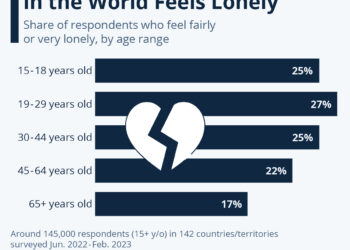In a surprising twist, even the most advanced artificial intelligence models in this era struggle with basic mathematical exams, failing to score even a single point. Experts have been astounded by the inability of these highly sophisticated systems to perform well on standardized math assessments, raising questions about their effectiveness and limitations.
Despite their advanced algorithms and capabilities in processing vast amounts of data, these AI models have shown significant deficiencies in fundamental mathematical reasoning and problem-solving skills. This revelation is prompting a broader discussion among researchers and developers about the true potential and boundaries of AI technology.
As we continue to integrate AI into various sectors, including education and industry, understanding these limitations becomes increasingly crucial. While AI can excel in pattern recognition and data analysis, the challenges it faces in basic math indicate that there is still a long way to go before these models can fully replicate human cognitive abilities.
The findings have led to a reevaluation of how AI can be utilized in educational settings, suggesting that reliance on technology for teaching basic skills may need to be reconsidered. In a world where AI is becoming integral to our daily lives, this development serves as a reminder of the complexities of human intelligence that cannot be easily mimicked by machines.




